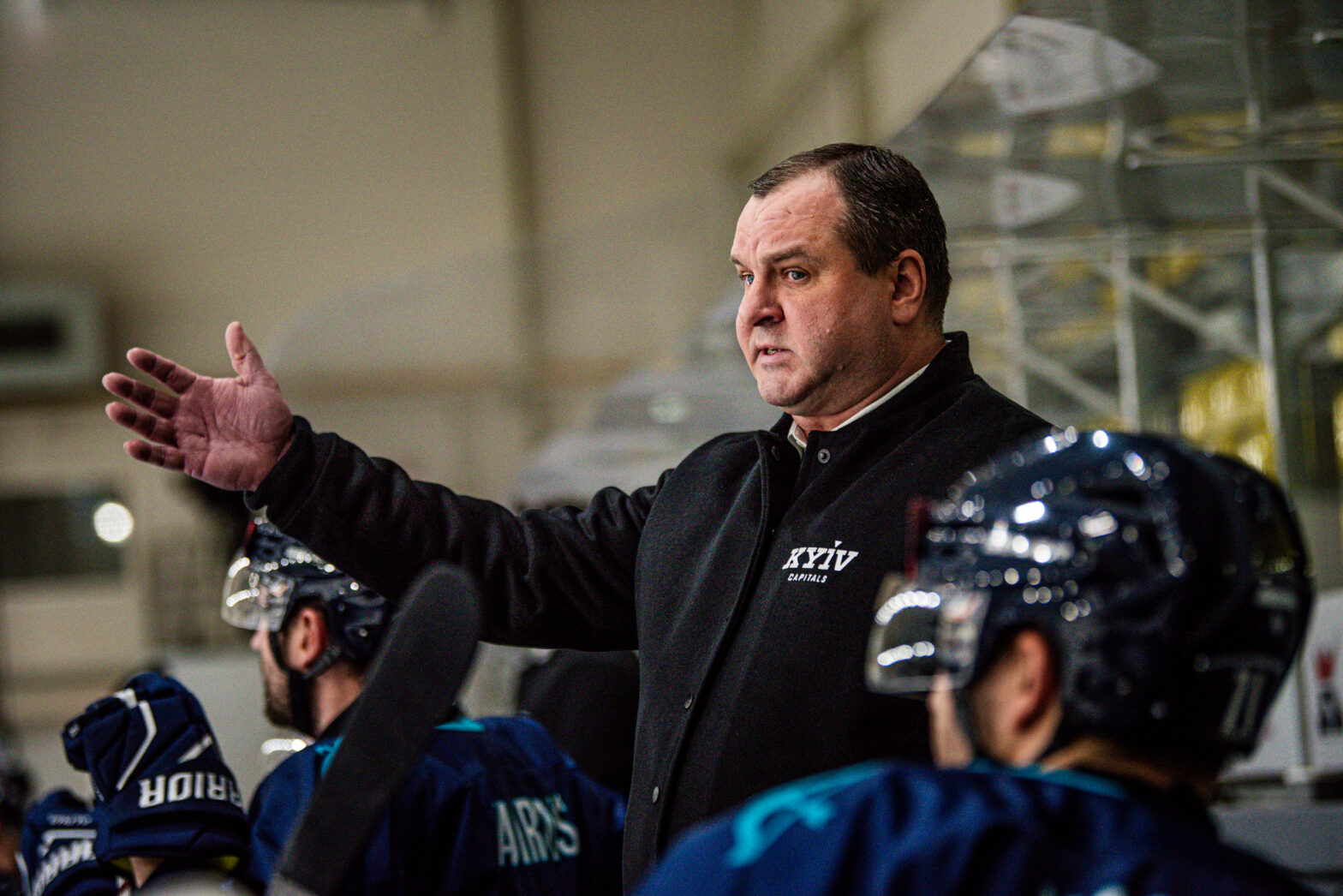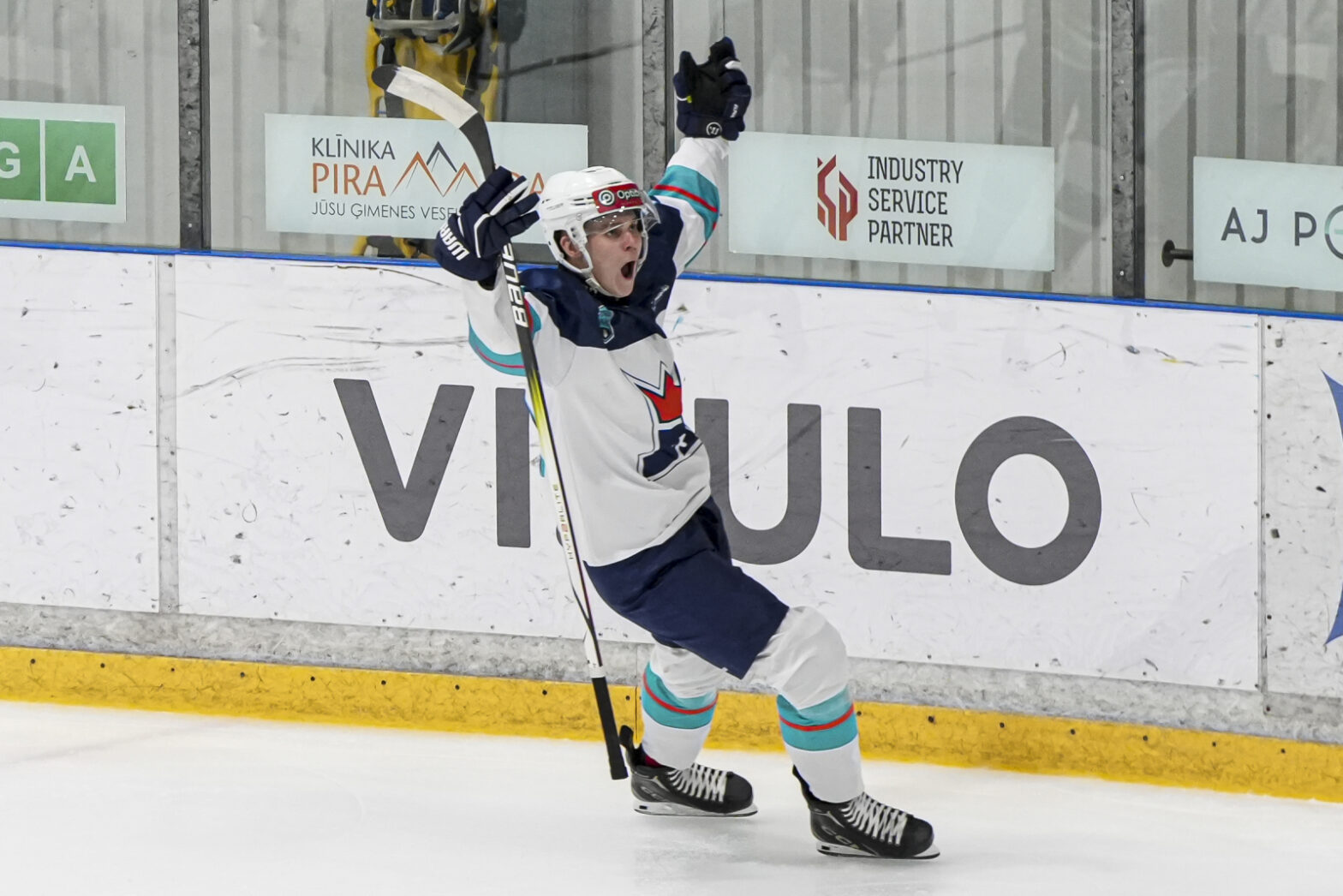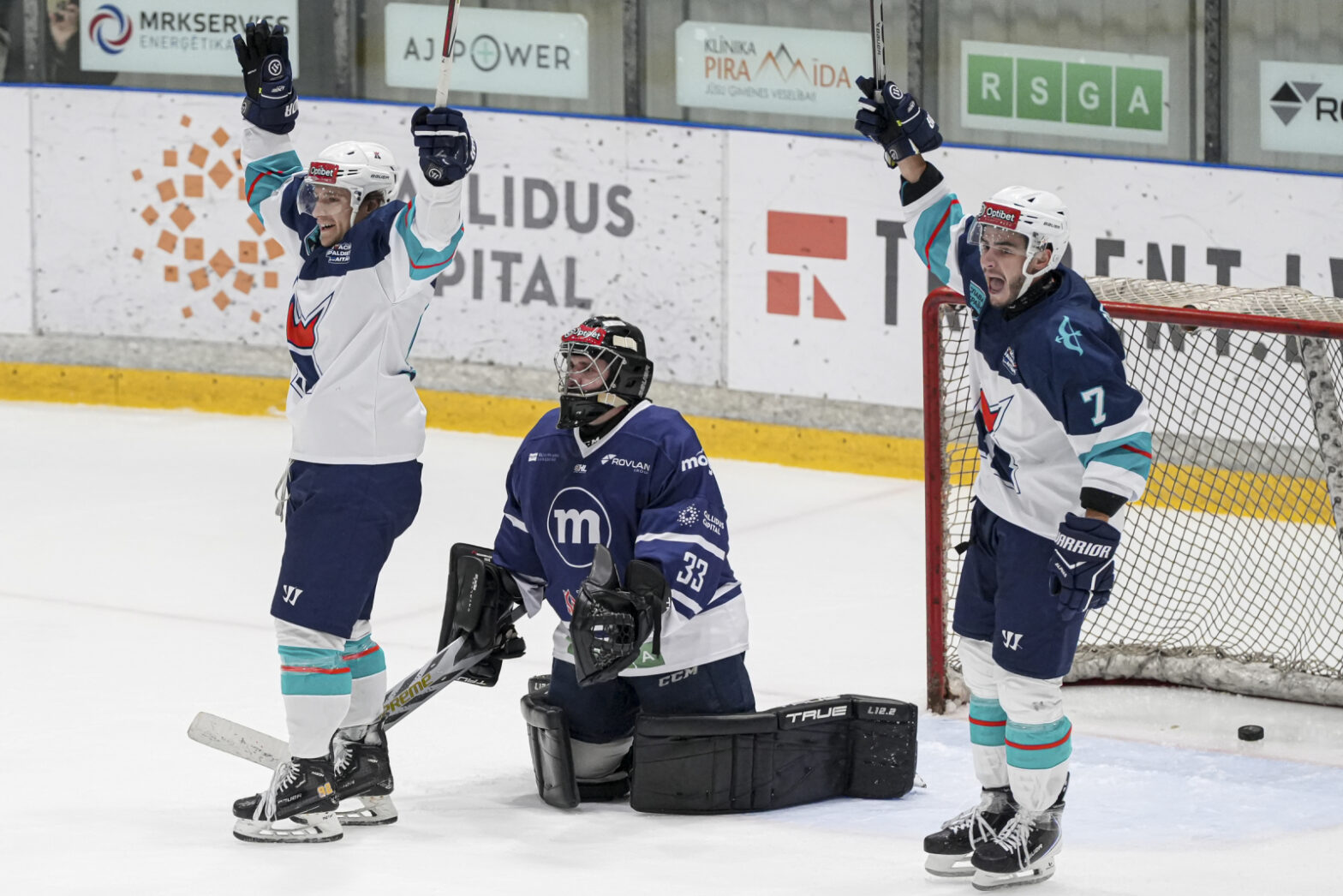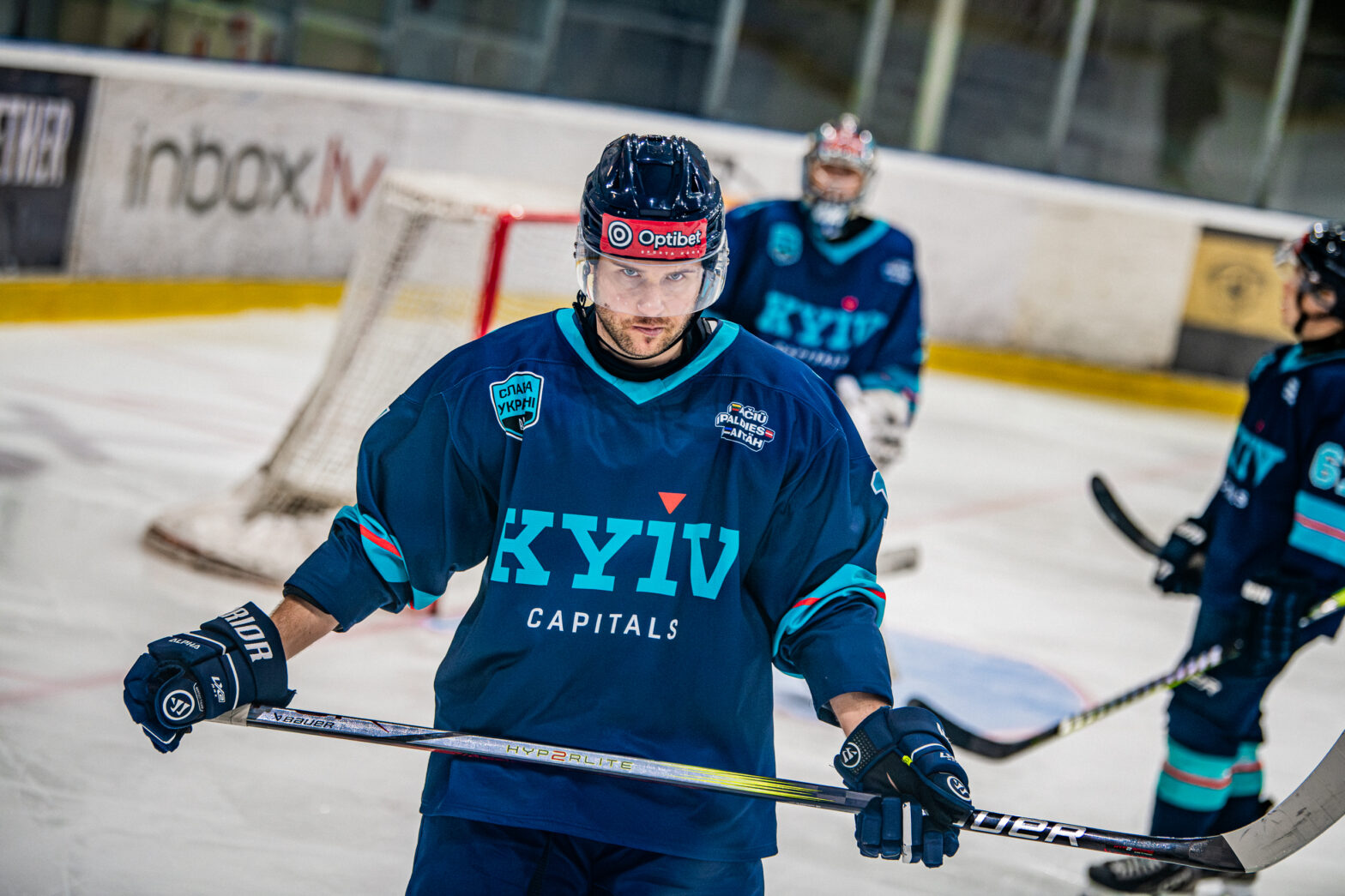The head coach of Kyiv Capitals spoke about the team’s start in the Optibet League, his debut coaching experience in this championship, and shared his impressions of the support from Ukrainian fans in Latvia.
Oleg, how would you assess the part of the Optibet League season that has already passed? Are you satisfied with the current results?
It’s nice to be among the leaders of the championship. The team still has room for improvement, but overall, I’m satisfied. We’re trying to make our game more combination-oriented, and we’re also focusing on defensive reliability. It’s good that the start has been quite successful, but there’s still a long season ahead.
It`s your first experience working in this championship. What are your impressions as a coach?
I was pleasantly surprised by the level of competition. Even the teams that aren’t considered favorites still put up a good fight. It wasn’t easy against either Panter or Energija. The results have been different, but the quality of play in all matches was quite solid and competitive.
Many games in the championship extend beyond 60 minutes, with the outcome often decided in overtime or a shootout. Does this show how balanced the league is?
Yes, as I mentioned earlier, the level of the teams here is relatively high. Players are used to fighting until the very last second. For example, if a team is down 0:2 in the third period, no one gives up. In this regard, I recall our first game against Liepaja, where we came back from a 1:4 deficit. I really appreciate the distinct mindset of players and teams toward the game.
Currently, the team’s statistical leader with 18 points (5+13) is Martins Karsums. Maybe a player with NHL experience is expected to lead by example?
That’s precisely why we brought him in. We counted on Martins as an experienced player with a leader’s mentality. He fully lives up to expectations – both on the ice and in the locker room. I hope it continues that way, especially in the playoffs.
When forming lines, you often separate experienced players from the young ones. Is that your strategy for better team chemistry?
It might look that way from the outside, but in reality, our lines change almost every game. This happens due to injuries, illnesses, or other factors. We can even switch lines during a match if someone isn’t performing well or picks up a minor injury. I want to give our younger players more ice time, but for now, they can’t always handle the physical intensity. I hope they’ll continue to grow and improve in all aspects of the game.
In your opinion, how well have Ukrainian players adapted to this championship?
Some have adapted well, while others are still in the process of adapting. We initially planned to have more Ukrainian players, but for now, we’re working with the number of players we have.
The team’s latest addition was the signing of Yang Hu. How would you evaluate his performance at the start of the season, given that he was a fan favorite in Ukraine last year?
He’s blended into the team very well. Many players were already familiar with Yang from the previous season. First and foremost, I’d highlight his great personal qualities. He’s added speed, agility, and most importantly, puck control – which is something we’ve struggled with. His signing is definitely a joyous moment for the team.
Which games would you call the best and the worst so far?
Our worst game was against Prizma. We were leading 2:0 in the third period. I rewatched that match and analyzed the plays – there was nothing to suggest that we could lose that lead. However, we started taking unnecessary penalties. Some were quite debatable, but that doesn’t change the fact: you can’t play hockey like we did in the second half of that third period.
As for the best one, it’s hard to choose a single game. I really liked our away matches against Zemgale/LBTU, Liepaja, and Mogo/RSU. Those were high-quality opponents, and the games were intense and competitive.
What can you say about the rinks in this league? Are they all similar in size?
Most Latvian arenas are pretty small, which forces you to play in a completely different way. You need a fast tempo and quick decision-making – there’s no time to think too long. The rink in Vilnius was bigger and colder. From what I know, the one in Elektrenai is also larger.
How do you handle goalie rotation? Do you select goalies based on the opponent?
That’s one of the factors. A goalie can be number one today, number two tomorrow, and at some time might even have his contract terminated – that’s just sports. Whoever performs better will play. No goaltender can play every game in a season. Moreover, as a Ukrainian team, we must provide opportunities for Ukrainian goalies to develop. No one is immune to injuries, so everyone needs to stay sharp and work hard both in practice and during games.
The team plays about two matches per week, unlike the more intense schedule in Ukraine. Is this rhythm comfortable for you?
It’s always easier to work when you can plan. The schedule suits me perfectly. We can plan training sessions, gym work, and theory lessons with ease, whether they are long or short. For example, this week we didn’t have a midweek game, but since we knew that in advance, we could organize our preparation for the next match efficiently.
Ukrainian flags can be seen at the team’s games in the Optibet League. How much motivation does that give you?
A lot. And not just for me or the Ukrainian players – everyone here deeply cares about our country. Sometimes it even feels like we’re playing in Ukraine. It’s very touching to see people with Ukrainian flags. It gives us motivation and inspires even greater dedication on the ice.




